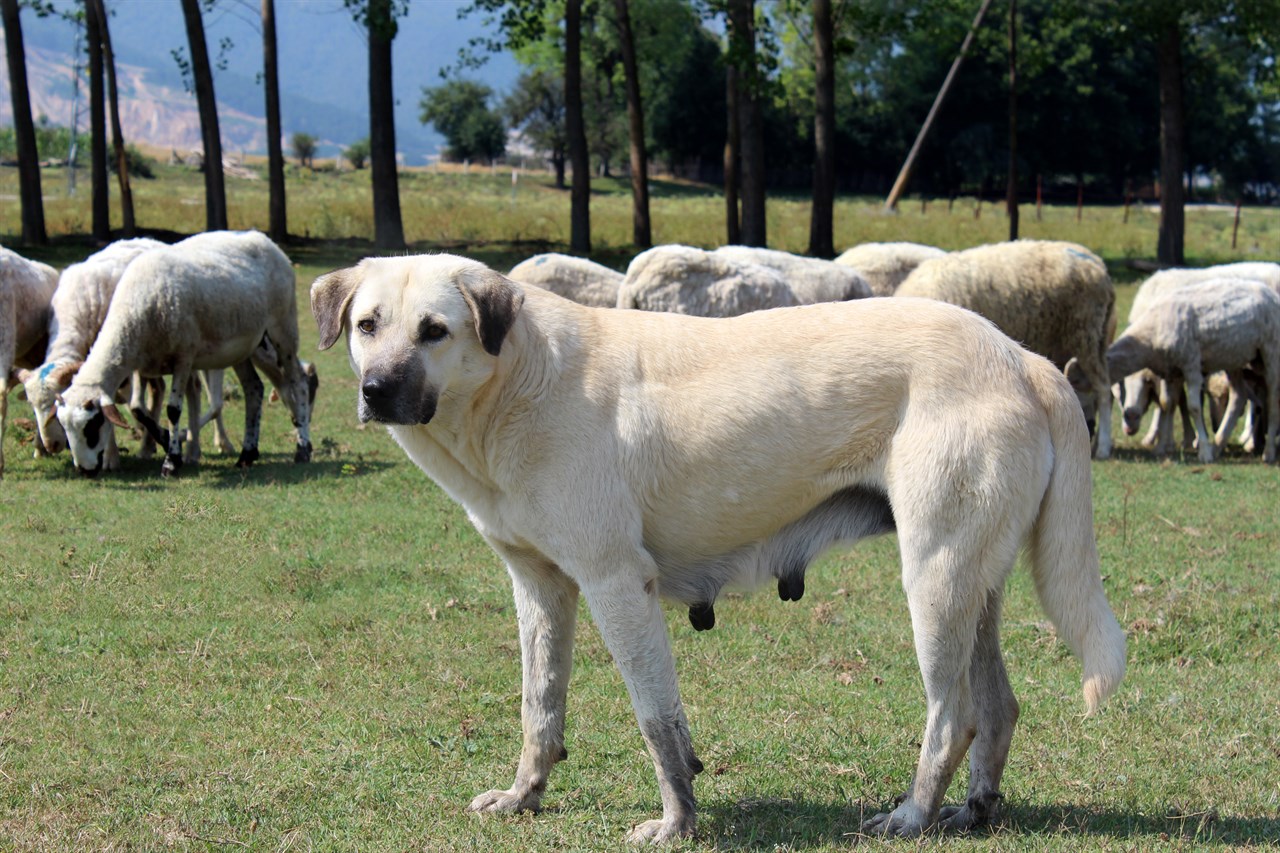Barking Habits of the Anatolian Shepherd Dog

Barking is a form of communication for dogs, and the Anatolian Shepherd Dog is no exception. However, their barking habits are influenced by their history as livestock guardians and their protective instincts. Here's what you need to know about their barking tendencies.
Do Anatolian Shepherds Bark?
Yes, Anatolian Shepherds are known for their barking. They have a strong and deep bark that they use to alert their owners to potential threats or intruders. This barking behaviour is an integral part of their role as livestock guardians.
Why Do Anatolian Shepherds Bark So Much?
Several reasons contribute to the frequent barking of Anatolian Shepherds:
- Protective Instinct: Anatolian Shepherds have a strong protective instinct. They bark to alert their owners to any perceived threats, whether it's a stranger approaching the property or potential danger to their flock.
- Territorial Nature: These dogs are highly territorial and consider their home and the surrounding area as their territory. Barking is a way to establish and defend their boundaries.
- Communication: Barking is their primary way of communicating with their owners and other animals. It can convey different messages, such as warning of danger, calling for assistance, or simply signalling their presence.
- Deterrence: Their loud bark is a deterrent to potential predators or intruders. It serves to intimidate and discourage threats rather than engaging in physical confrontation.
- Herding and Guarding Role: When working with livestock, Anatolian Shepherds use their bark to guide and protect the animals. Barking helps them maintain control over the flock and deter predators.
Do Anatolian Shepherds Bark All Night?
Anatolian Shepherds may bark at night, especially if they perceive a threat or if they are actively working as livestock guardians. However, their barking habits can be managed and controlled with proper training and socialisation. Many Anatolian Shepherds can learn to differentiate between true threats and routine noises, reducing excessive nighttime barking.
If you have an Anatolian Shepherd that barks excessively at night, consider the following strategies:
- Training: Consistent and positive training can help you teach your dog when barking is appropriate and when it should be quiet.
- Socialisation: Expose your dog to various people, animals, and environments to help them become more confident and less reactive to harmless stimuli.
- Exercise: Ensure your Anatolian Shepherd gets enough physical and mental exercise during the day to reduce restlessness at night.
- Provide a Safe Environment: Make sure your dog feels secure in their sleeping area and that their needs are met, such as access to water and comfortable bedding.
- Consult a Professional: If excessive nighttime barking persists, consider consulting a professional dog trainer or behaviourist for personalised guidance.
In conclusion, Anatolian Shepherds do bark, primarily as a means of protection and communication. While their barking is a natural behaviour, it can be managed through training and socialisation to ensure it is appropriate and not disruptive. Understanding their instincts and providing them with a secure and well-structured environment can help reduce excessive barking, even during the night.
Anatolian Shepherd Dog puppies for sale
- Find Anatolian Shepherd Dog puppies for sale in ACT
- Find Anatolian Shepherd Dog puppies for sale in NSW
- Find Anatolian Shepherd Dog puppies for sale in NT
- Find Anatolian Shepherd Dog puppies for sale in QLD
- Find Anatolian Shepherd Dog puppies for sale in SA
- Find Anatolian Shepherd Dog puppies for sale in TAS
- Find Anatolian Shepherd Dog puppies for sale in VIC
- Find Anatolian Shepherd Dog puppies for sale in WA